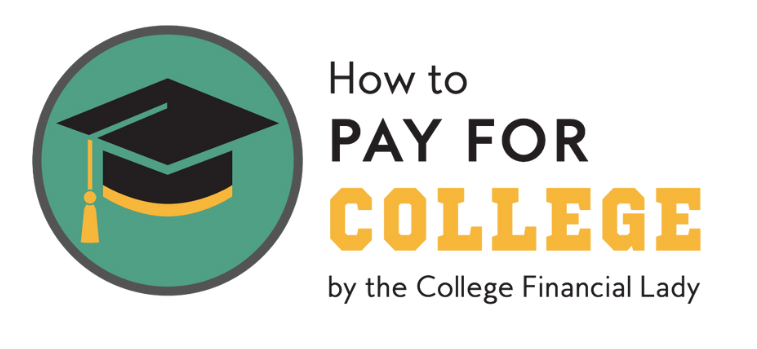FAFSA: Is it an Asset?
Let’s assume that this year’s FAFSA is going to come out on Oct. 1 as scheduled. If you’re filing it this year, now is a great time to get a handle on it. I’ll provide additional details on more complicated assets in subsequent posts.
What is and isn’t an asset on the FAFSA? Here’s a quick “is it or isn’t it?” for you:
The balance in your checking and savings account: YES it’s an asset!
The balance in your taxable investment account: YES it’s an asset! You can subtract any debt for which this is collateral, such as a pledged asset line or margin loan.
Your student’s 529 account that you own: YES it’s an asset!
529s that you own for your other children: NO, they’re not an asset on the FAFSA but they are on the CSS Profile!
Retirement accounts such as 401(k)s, 403(b)s, traditional or Roth IRAs: NO they’re not an asset!
HSA accounts: NO they’re not an asset!
Term life insurance: NO it’s not an asset!
Cash value life insurance such as whole life, VUL, etc: NO it’s not an asset on the FAFSA but it is on the Profile!
Annuities: NO it’s not an asset on the FAFSA but it is on the Profile if it’s not in an IRA!
Primary residence home equity: NO it’s not an asset on the FAFSA but it is on the Profile!
Vacation home: YES it’s an asset! Make sure to subtract the mortgage from its value.
Rental/investment property: YES it’s an asset, unless it’s part of your home that’s rented to a family member. Make sure to subtract the mortgage from its value.
529s owned by grandparents: NO it’s not an asset on the FAFSA but it is on the Profile!
529s owned by your ex-spouse: NO it’s not an asset on the FAFSA but it is on the Profile!
Vested stock options: YES they’re an asset!
UTMA or UGMA accounts: YES they’re an asset, specifically the student’s asset!
Trusts for which you or the student are a beneficiary: YES they’re an asset of the beneficiary!
Your elderly relative’s bank account for which you’ve been made a joint owner because they thought that was easier than a POA: YES it’s an asset!
Small businesses you own: YES it’s an asset! Make sure when calculating its value that you subtract all liabilities including current liabilities such as payroll. The Profile will ask for more details including the business tax return.
Family farm that you live on and operate: YES it’s an asset! As with a small business, subtract all liabilities in calculating its value.
Balance on your credit card: NO it’s not an asset! You can’t subtract a credit card balance; you should instead pay the bill before filing.
Bitcoin or other cryptocurrency: YES it’s an asset! Crypto is now considered a commodity by the SEC and commodities are reportable assets on the FAFSA.
If I missed anything, please submit it in the comments.
If you found this helpful, grab a copy of my book How to Pay for College. Right now it’s just $7.99 from Amazon!
